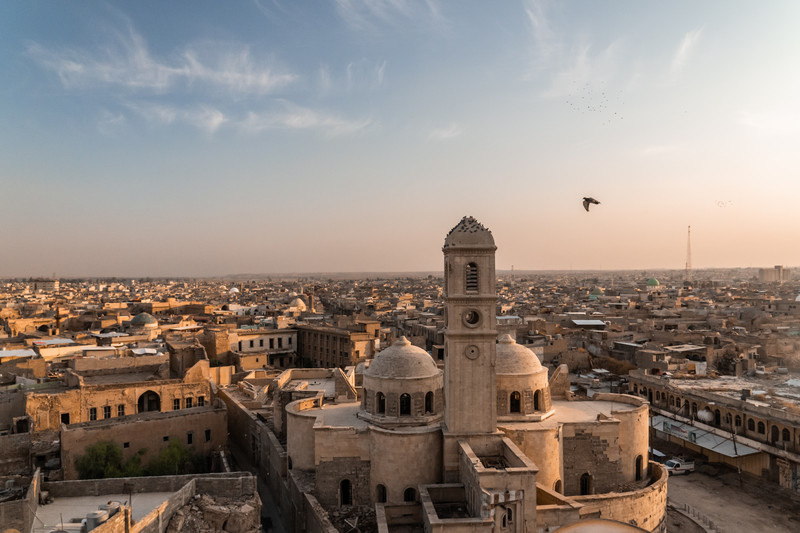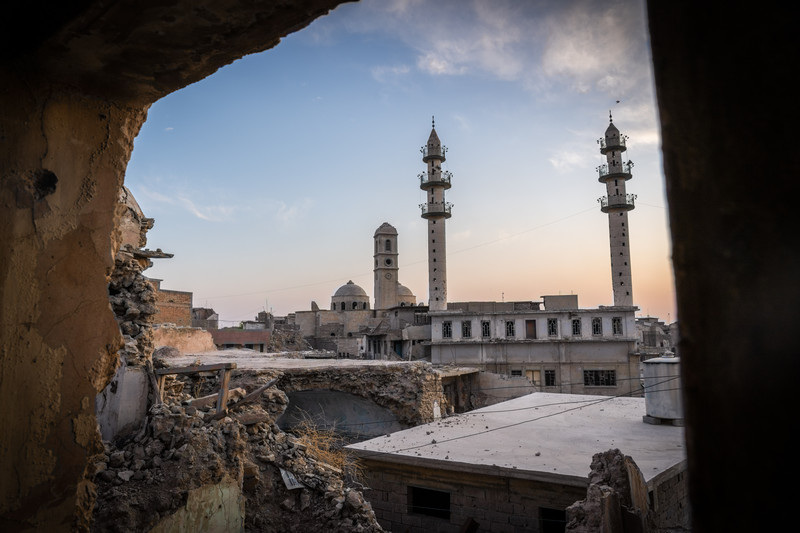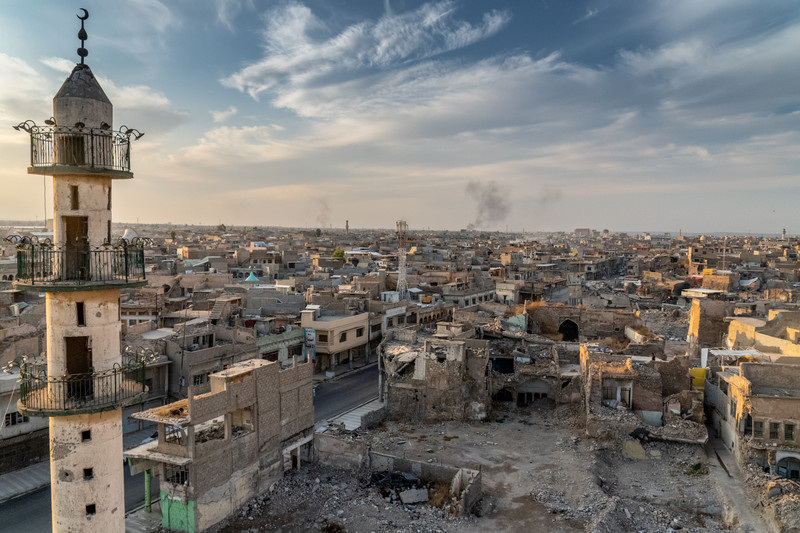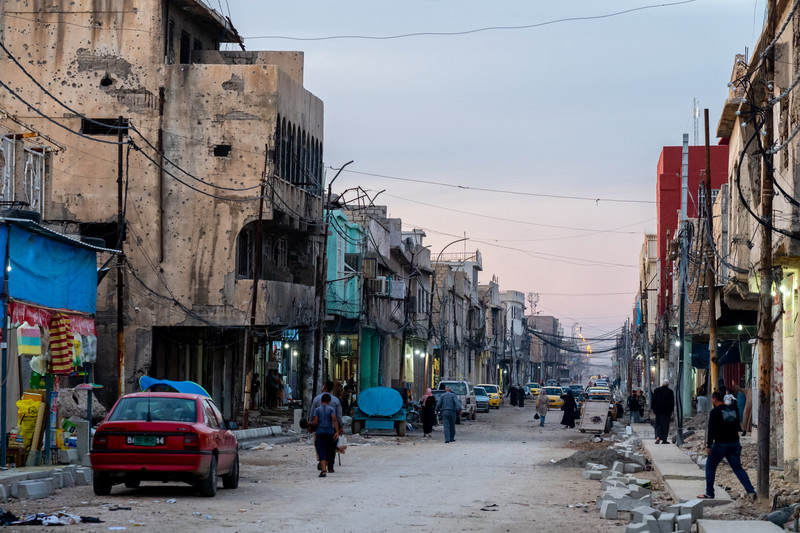Mosul After Isis
© Thijs BroekkampMosul, the second largest city of Iraq, was occupied by ISIS in June 2014. At the Al-Nuri mosque, the ISIS leader at the time, Abu Bakr al-Baghdadi declared the Islamic caliphate. Life under ISIS rule in the city was incredibly tough, the residents of Mosul felt like it was one big prison. If one were to break any of the absurdly strict rules, they would face medieval punishment, or even death. In 2016 the military campaign from the Iraqi army, Kurdish peshmerga and the international coalition started to reclaim the city from ISIS: it was the largest military operation since the US invasion of Iraq in 2003. In July 2017, the city was liberated from ISIS. The fierce battle toward liberation for the city lasted almost nine months. Thousands of people were killed and many displaced. The heavy street battles and air strikes caused apocalyptic damage. Around 138,000 homes were destroyed in the battle and many remain uninhabitable. Mines are still about and in certain parts of the city many dead bodies that have not been recovered produce an intolerable odor.
There is a lot of work to be done to rebuild the city and its citizens are trying to pick up their lives again and gain a sense of normalcy, even amidst the grimmest settings. The fish market is one of the places in the old town where life has flown back. The bridge that connects it from the busy west part of town ends here and is sprawling with cars with louds horns, and traffic jams galore. The re-opening of this market has brought life and business back to the Old City. Apart from the backdrop of ruins, the hectic and buzzing energy seems to cover up the city’s sad and violent history. The merchants say that life goes on: they are trying to move forward. They have rebuilt the market with their own money, without government support - all they want to do is bring back life in the Old City. The distinctive noises of chopping fish, merchants shouting, car horns honking, splashes of water on the streets: the sounds of life are slowly coming back in the market which is regaining its former position as the bustling hub of the city centre. The fishmongers’ activity sparks life in other nearby market stalls, increasing the number of shutters that are cautiously being raised to reveal bags of fragrant spices and whirring machines which grind sesame seeds up to make tahini. Slowly but surely, life is returning.
Locals say something irreparable has been damaged; not just the bricks of the many historical mosques, churches, and other buildings for which Mosul was known. The social structure has been destroyed. The diverse society consisting of different ethnicities coexisting with each other is gone. Despite the many obstacles faced in rebuilding Mosul -heavy corruption, militias controlling the city, ethnic tensions- the residents remain hopeful that they will regain a normal life.
click to view the complete set of images in the archive







